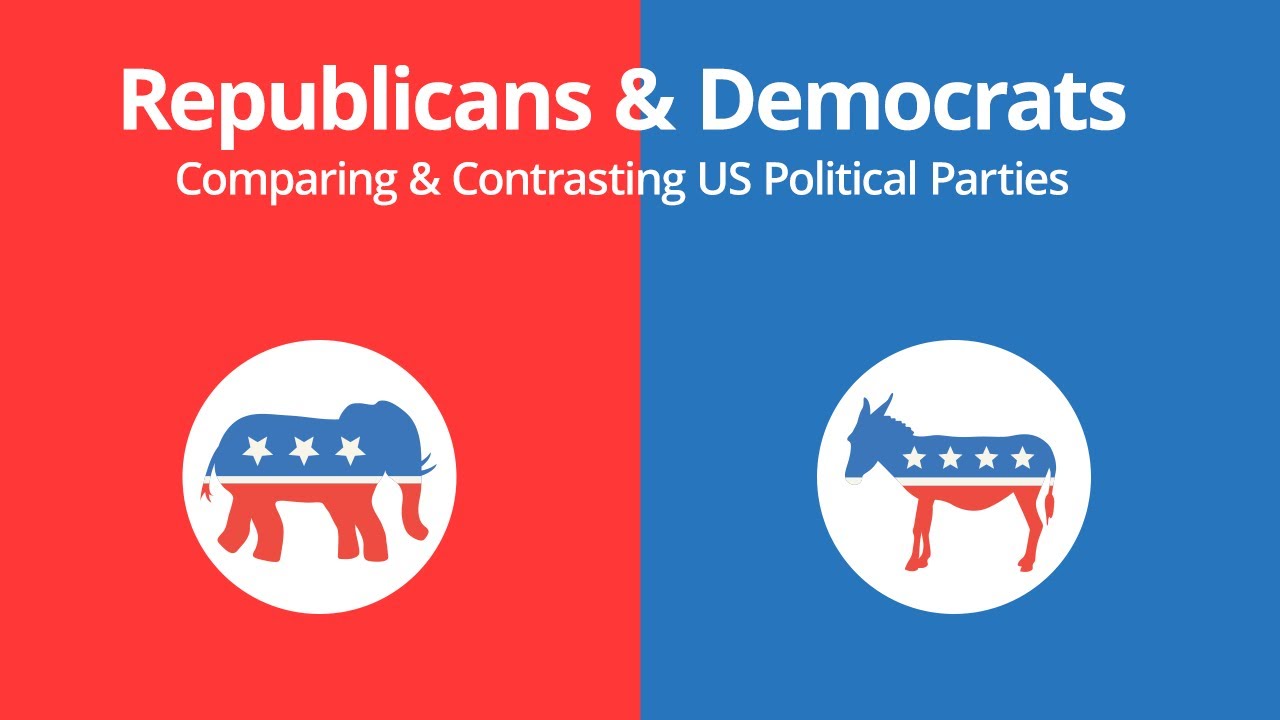
The Democratic Party and the Republican Party are the two major political parties in the United States. Here's a brief overview of each:
Democratic Party
History: The Democratic Party was founded in 1828 and is one of the oldest political parties in the world. It evolved from the Democratic-Republican Party, which was established by Thomas Jefferson and James Madison in the early 1790s.
Ideology: The Democratic Party generally supports progressive and liberal policies. It emphasizes social equality, environmental protection, economic justice, and the expansion of social programs. Democrats typically advocate for a stronger role of government in the economy and support policies such as universal healthcare, higher minimum wages, and stricter gun control measures.
Key Demographics: The Democratic Party tends to have strong support among urban populations, younger voters, minorities, and women. It is also popular among those with higher levels of education.
Recent Notable Leaders: Notable leaders of the Democratic Party include current President Joe Biden, former President Barack Obama, and former Secretary of State Hillary Clinton.
Republican Party
History: The Republican Party, often referred to as the GOP (Grand Old Party), was founded in 1854. It emerged in response to the Kansas-Nebraska Act, which threatened to expand slavery into new territories. The party originally positioned itself against the expansion of slavery and was the party of Abraham Lincoln, who led the country through the Civil War.
Ideology: The Republican Party generally supports conservative and right-leaning policies. It emphasizes limited government, individual liberties, free-market capitalism, and a strong national defense. Republicans often advocate for lower taxes, reduced government spending, deregulation, and a more limited role for government in the economy and social issues.
Key Demographics: The Republican Party tends to have strong support among rural populations, older voters, white Americans, and evangelical Christians. It also draws support from those who prioritize traditional values and a more conservative interpretation of the U.S. Constitution.
Recent Notable Leaders: Notable leaders of the Republican Party include former President Donald Trump, Senate Minority Leader Mitch McConnell, and former President George W. Bush.
Both parties have a broad base and encompass a range of views within their ranks, but they represent the primary political divide in the United States, particularly on issues like healthcare, taxation, climate change, and social policies.